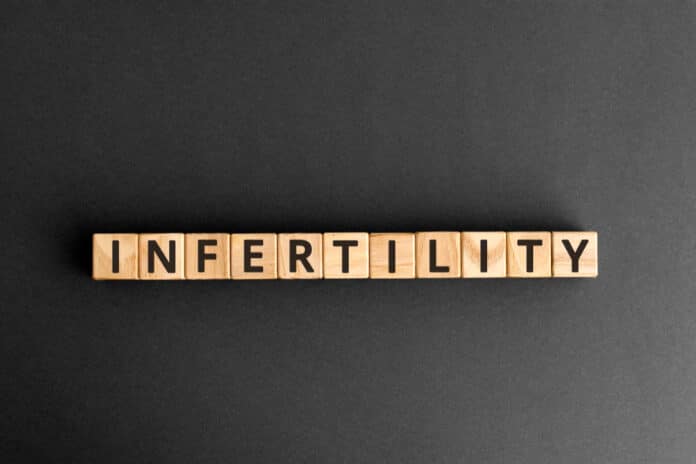
According to the Centers for Disease Control and Prevention, approximately 6 percent of American women between the ages of 15 and 44 experience infertility. Furthermore, roughly 9 percent of males report that they or their spouses have visited a doctor concerning infertility in the past. This statistics aside, about one in eight American couples has trouble conceiving.
Unfortunately despite its prevalence, infertility is a topic many couples fear, whether they are newly married or not. Some couples even go as far as to hide their infertility struggles. This secrecy often leads to much misinformation that transforms into myths.
Myths about infertility can be detrimental to the interests of an infertile couple. It can also thwart their efforts. That’s why in this article, we will discuss some of the myths About infertility that are commonplace among couples.
- Myth 1: Infertility is the woman’s fault
The National Institute of Health (NIH) has noted that about one-third of infertility issues stem from issues affecting the male reproductive organ. In contrast, one-third of challenges stem from the female reproductive parts and another one-third from both parties or unknown factors.
- Myth 2: The couples need to try harder
The success rate for couples undergoing infertility therapy is approximately 50%, says Dr. Susheil Mausher, an infertility expert at the Duke Facility Center in Durham. However, the success rate depends on individual cases and the type of infertility issues the couples face, not particularly on whether they put in the most work. Couples should understand that efforts do not necessarily translate to success in conceiving; therefore, there is no reason to feel like they are not pulling all the strings to get pregnant.
- Myth 3: Age only affects women’s fertility, not men’s
According to Dr. Mark Surrey, who is a reproductive surgeon and medical director of Southern California Reproductive Center, it is true that women are likely to suffer a significant decline in fertility between the ages of 32 to 37, and as much as 50%. However, men are also likely to suffer from infertility issues.
It has been indicated by specialists that, at age 40, a man is likely to start experiencing a decline in the volume of semen and the semen’s motility.
- Myth 4: You don’t have to worry about infertility if you’ve already had a child
Moreover, there is a common myth that once you’ve given birth, it’s impossible to suffer from Infertility issues. However, statistics have shown that about 30 percent of infertility occurs after the first child, implying that some couples may experience difficulties conceiving after giving birth.
- Myth 5: Your health doesn’t affect your fertility
Your health contributes significantly to your fertility or otherwise. Diana Ross, who is the co-chair of the National Preconception Health and Health Care initiative, noted that healthy living positively impacts fertility.
- Myth 6: Every fertility journey looks the same
Finally, it is not true that every couple suffering from infertility follows the same path. Each path is different, and with each path, there are different consequences.
Conclusion
These issues are commonplace among couples, and it is advisable to always consult your doctor about the steps to be taken. Many alternatives can be taken to conceive, including in-vitro fertilization (IVF). Couples may also want to consider surrogacy. Above all, knowledge about the situation is vital, as it will help guide such couples toward the next stage in their fertility journey.



















